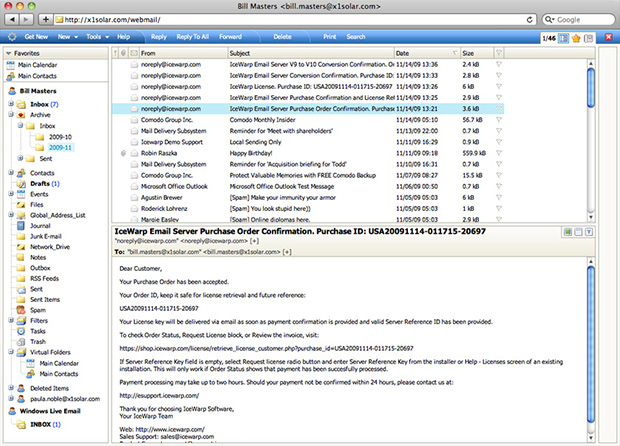E-mail is a scourge for many people — 89 billion of the business variety are sent every day, no one can stop checking it, and people devour articles about time hacks as relates to e-mail.
Here’s what I sometimes wonder: why don’t people contextualize their e-mail?
Here’s what I mean by that: why not open any new e-mail with a line explain the time sensitivity nature and overall context of the e-mail that follows?
I tried this a bit yesterday at my job.
So, something like this:
Dear Mike,
Hope you’re doing well. Had a quick request — it’s definitely not pressing, but if you could respond within 72 hours, that would be great.
Now, there are a lot of potential flaws here:
- This isn’t how people normally e-mail, so it would take a while to catch on.
- Most e-mails, I’d reckon, are typically in response to a larger thread and have a bunch of people on them. As such, it would be hard to break down the timing associated with each person.
- “Boy Who Cried Wolf” situation where everyone is saying everything is super urgent.
- People pretty much just scan e-mails anyway — although they do tend to scan the top — so the context might get lost.
While I admit there are flaws, I think this could work. As I see it, the biggest problems with e-mails are that people seem to think they exist in two categories:
- Do it immediately.
- Ignore it and forget about it.
In fact, there are a far greater number of categories, and far more nuanced.
Stuff falling through the cracks via e-mail, as well as death by meeting, are two huge ways that things don’t actually get done. The point of work, ostensibly, is to get stuff done. So if we could fix e-mails and meetings — without everyone copping to, “Well, they’re a necessity and we still make money!” — wouldn’t that be a good thing?

I couldn’t agree more!
While I have been trying to improve in this area, I personally feel the email issue to be that maintaining an overview of communication in context across the overall inbox is very hard to do. Anything that doesn’t get immediate response ends up slipping through the cracks into an information vacuum – even when it gets labelled. Often the immediate response doesn’t actually resolve the questions or issues so much as keep the ball bouncing across the court.
Rather than guiding communications tactfully over time towards an intentioned result, myself and I imagine others are tailoring communication behaviours to support inbox management, rather than to achieve the ultimate goal of communication – collaboration & results.
I really appreciate your comment here, Nate — it’s good to know someone is thinking the same way I am. Sometimes I feel crazy writing this stuff because it’s so different than the way the world actually functions 🙂
Thanks for the article. I enjoy your thoughts on this type of topic. Typically, when I make requests of anyone, I try to give an expected time-line to give them the power to prioritize it within their work schedules. This works reasonably well most of the time, but it has backfired when working with people who’s manager seems to operate at a “hair on fire” pace, so that every request I make of them is low priority unless I’m really getting frustrated.
In general , I find the e-mail challenge to be filtering out the info that I “need to know”, what is “nice to know”, and what is superfluous. As my role requires the ability to jump in response to an immediate issue (support for a production floor) I can’t simply isolate my e-mail reading to 2-3 times a day. I think the most valuable change to e-mail would be to decide what is best resolved with a quick phone call, what would best be decided in a short meeting, and using in-person activities to quickly deal with tasks, rather than pretend we’re being polite by using e-mail to make a request.
This is good stuff, and I do find it interesting — but then do you stop and think about WHY so many people can only communicate via e-mail, when a quick phone call would make much more sense?